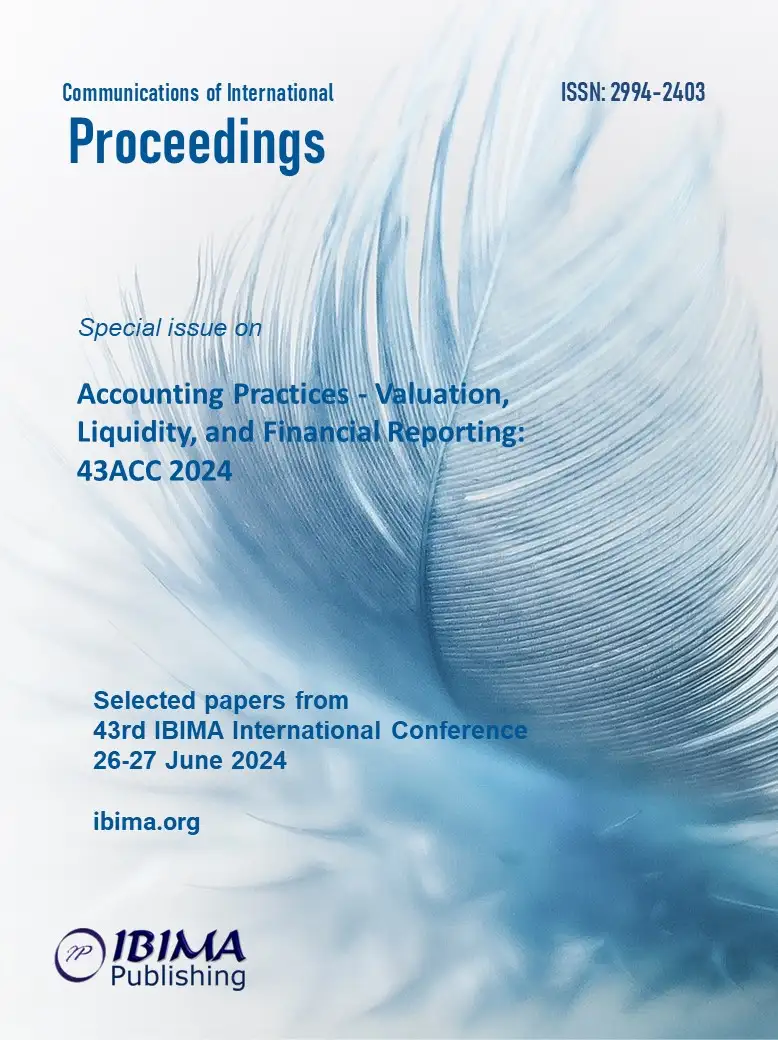
Silvia A. MATINCA (PASCU) and Delia RADOI
University of Agronomic Sciences and Veterinary Medicine, Bucharest, Romania

The focus of this study is to investigate the methods by which entrepreneurs make management accounting decisions related to output management, such as planning, investment and resource allocation. Dissemination and application of knowledge is a fundamental aspect of the study.The focus of this discussion is on knowledge management in the context of decision making using accounting information. A total of 11 cases will be examined. Entrepreneurs representing sectors such as hospitality, tourism and food and beverage offered their views on the use of accounting information in decision-making. The findings show that these participants find financial data useful in decision-making.The study found that entrepreneurs rely on the use of accounting information to make investment decisions, to evaluate management teams and to determine eligibility for bank loans. In order to make timely and accurate decisions, it is essential that the management of these entities have comprehensive information on the challenges and events they face. In essence, effective and contemporary management is contingent on having adequate knowledge.According to studies, accounting information is of significant importance in the tourism and food service industries, serving as a crucial factor in decision-making processes including pricing strategies, inventory control, investment options and financial planning. As a result, entrepreneurs who possess a comprehensive understanding and appreciation for accounting information are more likely to make well-informed decisions, thereby setting their businesses on the path to long-term sustainable success.
JEL classification: L66; L83; Q23;